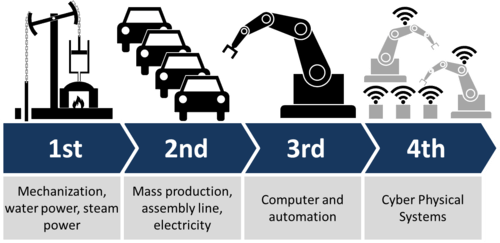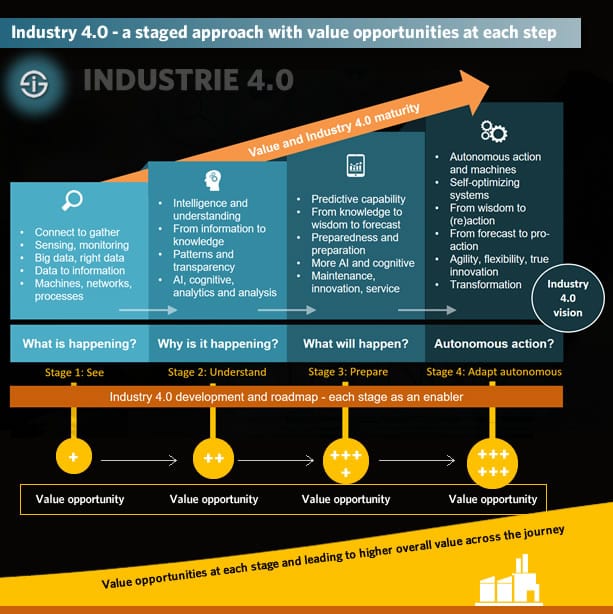The University of Lincoln has been awarded a share of £6.1 million by the Higher Education Funding Council for England (HEFCE) to develop new and enhanced higher education courses through the Catalyst Fund programme.
Academics and employers will work together to develop a new digital skills curriculum to serve the innovation needs of major industries ranging from food manufacturing to renewable energy.
The project will invite direct input from industry partners and will aim to identify and close skills gaps in digital literacy across a variety of employment sectors, including engineering, food and farming, pharmaceuticals, renewable energy and tourism.
In addition, there will be a new Digitalisation element to the University’s Lincoln Award scheme; an employability framework designed to support, enhance and recognise extracurricular activity. This new component will provide a number of training courses focusing on all aspects of the Digitalisation 4.0 skills set. Courses will be available to all students, from all disciplines.
“Society is in the midst of a Fourth Industrial Revolution and those economies which thrive in the 21st Century will be those that embrace digitally enabled technologies, such as robotics, machine learning, the Internet of Things and big data analytics. Lincolnshire is in prime position to build on its strengths in sectors such as food and farming, engineering and tourism – if we can establish the infrastructure needed to realise the full potential of digital to enhance productivity and deliver real innovation. Digital literacy of the current and future workforce will be a crucial component and this project directly addresses that need, working hand-in-hand with employers.”
~Professor Libby John, Pro Vice Chancellor and Head of the College of Science at the University of Lincoln.
What is Industrial Digitilisation?
Industrial Digitalisation 4.0 is a buzzword sweeping through industry and society at an increasingly fast pace.
There are a number of definitions mainly coming from industries heavily engaged with the concept.
Digitisation
Digitisation is the process of converting information from a physical format into a digital one.
Digitalisation?
Digitalisation is the process of leveraging digitisation to improve business, or any other, processes. Digitalisation goes beyond business and refers to the ongoing adoption of digital technologies across all possible societal and human activities. Think about, for instance, the increasingly digital customer, the rise of digital healthcare, the growing digitalisation of government, of marketing, of customer service, etc.
Industry 4.0 is the name for the current trend of automation and new technologies in the manufacturing sector.
Industry 4.0 consists of the following 4 components:

The “4th revolution” is also often used and this is best explained in this simple image from Wikipedia:

ID 4.0 is best viewed as a staged approach rather than a ready made fix or solution. This view is further discussed in I-Scoop

